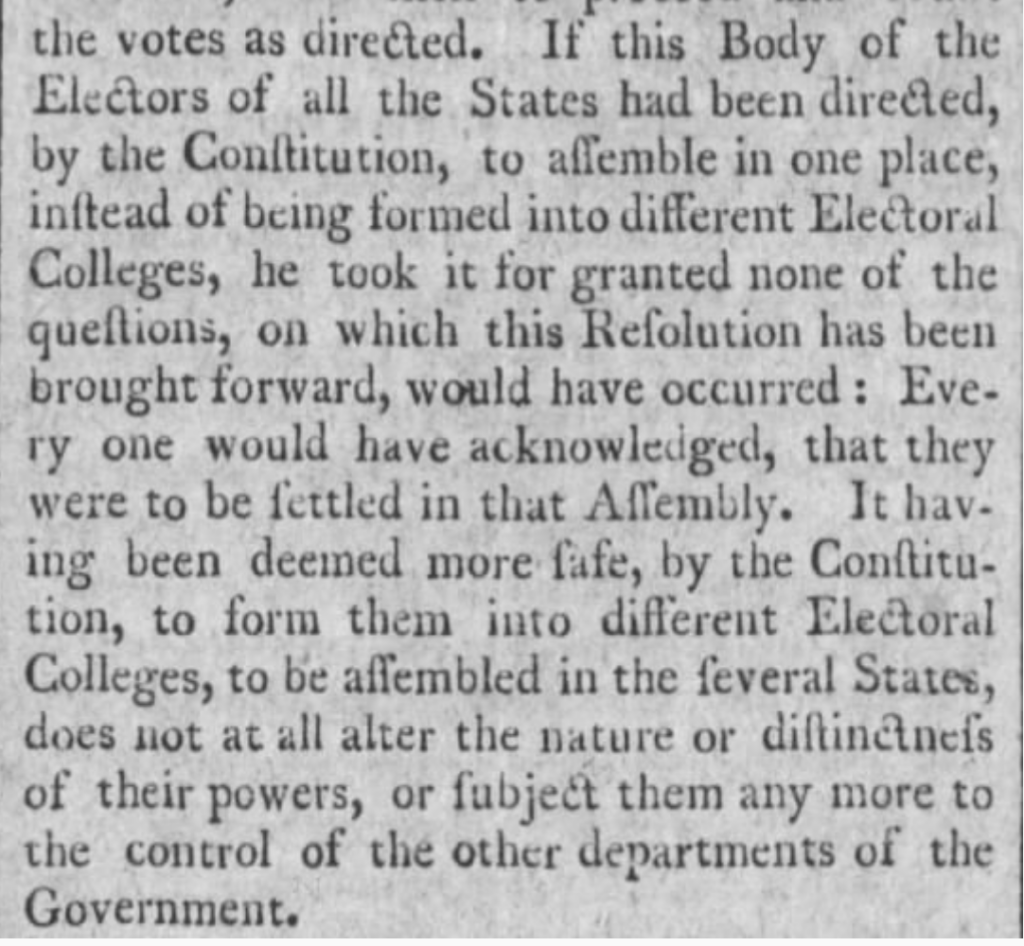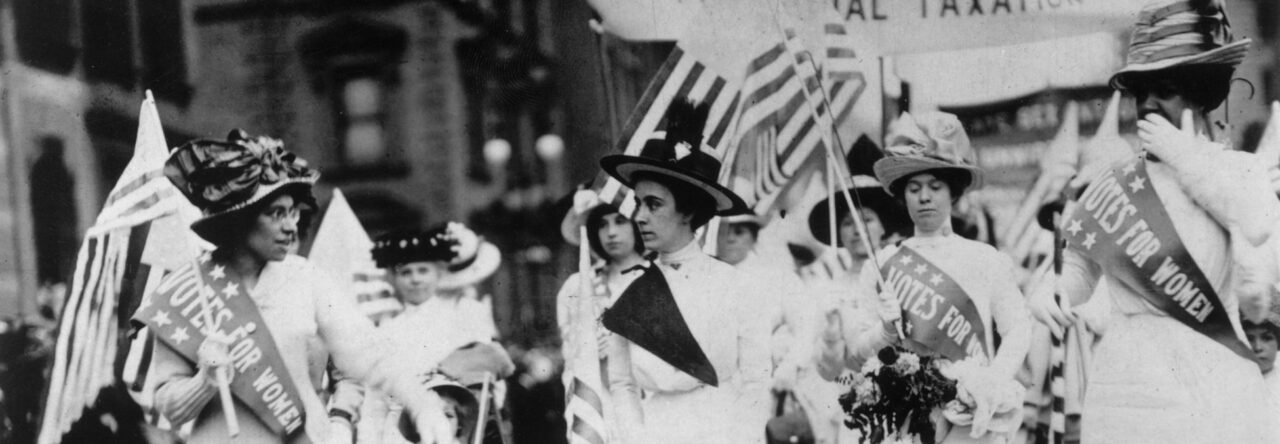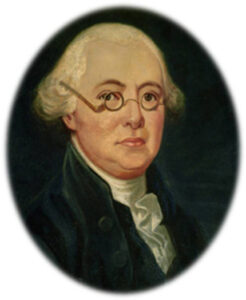Why has the Electoral College become so controversial?
Thesis Framework
“The true rationale and purpose of the Electoral College scheme can best be un- raveled by a close examination of the Constitutional Convention debates. By fol- lowing the tortuous course the Framers took during the summer months of 1787, we can gain insight into the influences that led them to institute such a complex procedure for selecting a president. The records of the convention debates also shed light on the extent to which the Founding Fathers were consciously guided by such factors as prevailing political theories and past republican practices – ancient or modern.” —Shlomo Slonim, “The Electoral College at Philadelphia” JAH (1986)
Slonim’s “Tripod” challenge
- Mode of election
- Term of office
- Re-eligibility
1787 Convention Timeline
- May 25: Convention begins
- June 1: Debate over presidential selection begins
- July 7: Connecticut Compromise upends views about presidential selection
- July 17: Morris and Wilson renew push for national popular election
- August 7: Committee of Detail report
- August 24: Delegates debate new proposal from Committee of Detail
- September 4: Near final version from Committee on Unfinished Parts
- September 17: 39 delegates sign US Constitution
Competing Views
[The president] ought to be elected by the people at large, by the freeholders of the Country . . .If the people should elect, they will never fail to prefer some man of distinguished character, or services; some man . . . of continental reputation.” –Gouverneur Morris, July 17
“The extent of the Country renders it impossible that the people can have the requisite capacity to judge of the respective pretensions of the Candidates.” –George Mason, July 17
“It seems to be the unanimous sense that the Executive should not be appointed by the Legislature, unless he be rendered ineligible a second time; he perceived with pleasure that the idea was gaining ground of an election, mediately or immediately, by the people.” –James Wilson, July 19
“A popular election in this case is radically vicious. The ignorance of the people would put it in the power of some one set of men dispersed through the Union and acting in concert, to delude them into any appointment.” –Elbridge Gerry, July 25
Origins of the phrase “Electoral College”

Sen. Abraham Baldwin of Georgia made one of the earliest known references to “electoral colleges” in Lancaster Intelligencer, April 9, 1800
Resolved: The Electoral College Should be Abolished and Replaced with a Direct National Popular Vote for President
There have been about 12,000 proposed constitutional amendments since 1788, and more than 700 of them have concerned ideas for fixing the Electoral College. There have been 27 amendments to the US Constitution since its ratification. Two amendments directly concerned the Electoral College (12th and 23d). Perhaps even more revealing, a majority of the other amendments have involved some aspect of the American election process. Will the next amendment (or perhaps popular vote “compact”) concern further Electoral College reform or even abolition?

